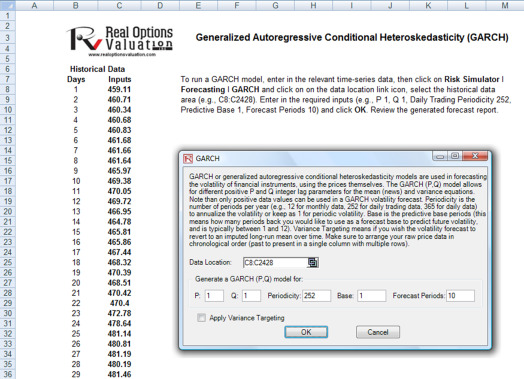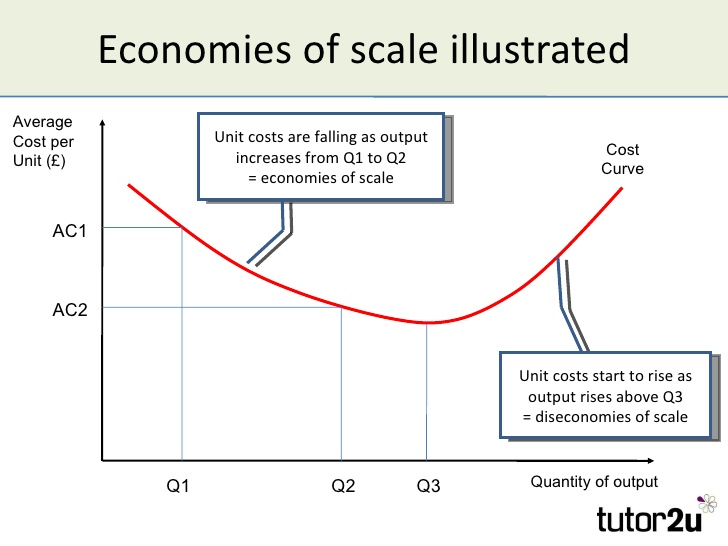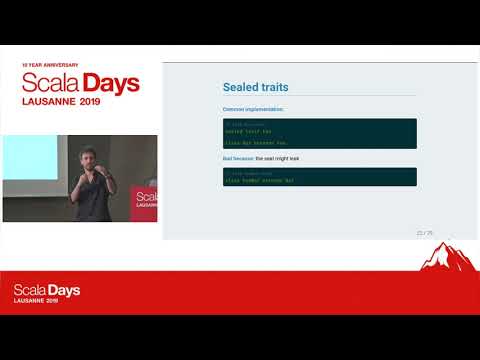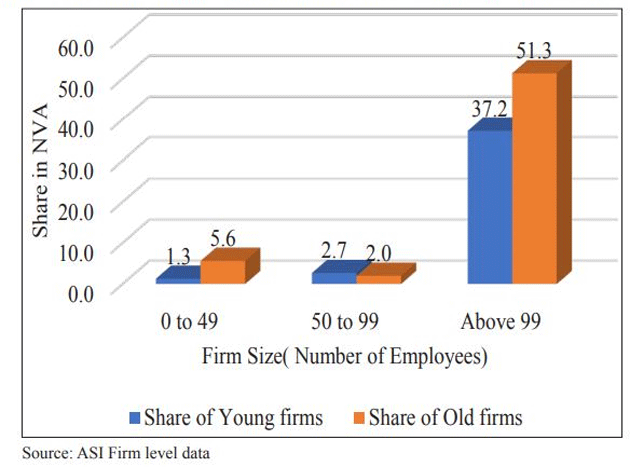Contents:


For this method, vacation time starts accruing at a specific time, usually at the beginning of the year. The employee’s anniversary date is also a popular time for employees who start in the middle of the calendar year. There is no law that requires an employer to give you vacation time. A compilation of laws, case law, web sources, and print sources on vacation leave from your job. By clicking “Find a Lawyer”, you agree to the Martindale-Nolo Texting Terms.

No, paid time off is not required by federal or state law; however, most businesses have a PTO policy to attract and retain good employees. How the employer pays out the vacation dollars owing doesn’t change the requirement for employees to be given and take vacation time. He took his 2 weeks off, in the summer, but because he had not worked a year, we only owed him the vacation pay now, after a year of work.
PTO accrual by state
Paid vacation time is commonly used for employees on a fixed salary or for hourly-paid employees who work a set number of hours. Under this method employers often seed the vacation time entitlement – measured in hours or days – at the start of every year and then reduce this entitlement as employees take vacations. Apart from this seeding, paid vacation time means employers don’t have to otherwise formally accrue vacation pay.
Ex-Ojai superintendent Tiffany Morse to get $188K payout – VC Star
Ex-Ojai superintendent Tiffany Morse to get $188K payout.
Posted: Fri, 17 Mar 2023 07:00:00 GMT [source]
This policy is designed to provide additional flexibility and reduce time spent tracking employee hours. It also keeps workers from running out of sick days and having to use vacation time. With most PTO policies, accrued time is paid out when the employee leaves the job. There are laws about payment of accrued vacation time in 27 states. Some states allow employees to legally challenge the employer if they were promised to be paid for accrued time that was not paid in the final check. In these states, a lawyer or state government agency can instruct you on how to move forward with this challenge.
Paid Time Off (PTO) Accrual
If an https://1investing.in/ is terminated from their job “through no fault or delinquency on his part or by resignation, retirement or death,” they shall be paid at their usual rate for any unused vacation they have accumulated. Federal law and the Department of Labor do not govern how employers have to handle PTO after an employee leaves. Instead, the federal government delegates it to state laws to govern. Two weeks of vacation for every completed “year of employment” (typically based on the employee’s start date). In the ‘Vacation’ section, select “Paid out each pay” in the dropdown menu. The employee will receive their vacation pay due to them with each payroll.
Over time, calculating and maintaining this information can raise a problem as your company continues to grow and hire new employees. Employers may also impose a waiting period on using vacation time for new employees. Some employers, for instance, don’t allow employees to use any vacation during their first three to six months on the job. Even if the employees accrue vacation during this period, they may not use it until the waiting period is up. In some states, it is illegal for employers to impose “use it or lose it” policies, by which employees forfeit any accrued vacation that they haven’t used by a certain time .
Massachusetts law about vacation leave
This method means employers accrue vacation owing based on time, rather than as dollars. When vacation time is taken in the subsequent year, it’s paid out as 80 hours at the employee’s current rate. Just as for paid vacation time, when time is accrued, rather than dollars, employers must ensure that the current, regular pay for the time taken meets the applicable employment standards minimums. For example, these may not be met if hourly pay rates are reduced or if employees have vacationable exception pay, such as overtime . This method also means employers have to keep accurate records of employee vacation time entitlement balances, additions to this each pay period and any reductions for time taken or for time entitlements cashed out.
- Under the statute, employees must be paid for all accrued unused vacation time on termination regardless of the reason for an employee’s termination (Beard v. Summit Inst. for Pulmonary Med. and Rehab., 707 So. 2d 1233 (La. 1998)).
- State the company policy for payment of unused vacation in the event of layoffs or other work separations.
- According to the Bureau of Labor Statistics, 76 percent of workers in private industry enjoy paid vacation time, making it one of the most common benefits offered by small businesses.
It varies from organization to organization and even from department to department. It is entirely up to the employer to determine who’s eligible to avail PTO, how many days are available each year, and how PTO accrues. “Believe it or not, the law is silent onvacation time,” says Kristie Scott, founder and shareholder ofLight Path Law. “There is nofederalor state law that requires a vacation policy or that somehow impacts paid time off or anything like that.”
However, employers in these states must pay unused PTO if they promised to do so in their vacation policy or PTO accrual rules. It is also legal for companies to cap how much vacation time employees can accrue, and many companies take advantage of this right to encourage employees to use their vacation time regularly. Once employees reach the limit set by the cap, they can’t earn any more vacation time until they use some and fall below the cap. Because employers don’t have to offer vacation, those that do have a lot of legal leeway in setting the rules on who is eligible, how vacation time accrues, when vacation may be used, and so on. The default vacation setting for all employees and contractors is ‘Not applicable’ and no vacation pay is accrued or paid out. The California courts have noted on a number of occasions that an advance on wages, as with any other debt owed , is subject to the provisions of the attachment law.
What is vacation accrual accounting?
An employer’s policy determines whether earned, unused vacation is paid on termination. State statutes often do not address whether employers can require the forfeiture of accrued vacation time that is not used by a specified date. However, some states expressly prohibit these use-it-or-lose-it policies. If an employer offers paid vacation, it must comply with applicable state law. For example, some states treat vacation pay as wages for purposes of wage payment requirements.
Lavallette Police Chief Disputes Prosecutor’s Office Report of … – Shorebeat
Lavallette Police Chief Disputes Prosecutor’s Office Report of ….
Posted: Wed, 12 Apr 2023 07:26:19 GMT [source]
Establish a sick or vacation accrual policy in your employee handbook. Include things like how much paid time off employees earn and what employees can do with accrued time off. Paid time off , including vacation days, sick days, and holidays, is a popular employee benefit. According to the Bureau of Labor Statistics, 77% of employees receive paid vacation days, 77% receive paid sick leave, and 79% receive paid holidays. But when employees don’t use up their PTO, they’re left with accrued time off.
Can You Negotiate Paid Vacation Days?
To book the vacation accrual, debit vacation expense and credit the accrued vacation liability. When an employee subsequently takes a vacation, debit the vacation accrual and credit cash, the offsetting side of the journal entry. Similarly, when an employee with accrued vacation leaves the company and is paid for the unused time, debit accrued vacation and credit cash. As illustrated by these journal entries, while the initial entry to record accrued vacation increases expense on your profit and loss statement, future uses of accrued vacation do not. Some employers put limits on how much accrued time off an employee can roll over or cash out at the end of the year.

Employees under these policies can see their accrued PTO disappear if they do not use it before the expiration date. If an employer’s vacation plan/policy excludes certain classes of employees, such as part-time, temporary, casual, probationary, etc., such a provision is valid, and the agreement will govern. To avoid any misunderstandings in this area, the vacation plan/policy should state clearly and specifically which employee classification are excluded.
- A compilation of laws, case law, web sources, and print sources on vacation leave from your job.
- Many companies are now using a paid time off system, in which days off are not designated as sick, vacation, or personal.
- Once you determine your PTO accrual rate, you will need to plug that rate into your payroll software or provide it to your payroll service provider.
- This requires employees to use vacation time by a certain date, such as the end of the year.
- She has worked with companies in the software, real estate and restaurant industries.
- The Wage Payment and Collection Act generally covers any employee and employer in Illinois.
If you need help with wave accounting pay, you can post your legal need on UpCounsel’s marketplace. Lawyers on UpCounsel come from law schools, such as Harvard Law and Yale Law, and average 14 years of legal experience, including work with, or on behalf of, companies like Google, Menlo Ventures, and Airbnb. Extensions are necessary for classified employees but not for professional staff. Extensions are not needed for classified staff who voluntarily exceeded 240 hours between April 10, 2020 and October 31, 2022. Your manager will attempt to accommodate your vacation request, but there may be times when you will be asked to reschedule your time off.

As an employer, you must determine how to treat an employee’s unused vacation time. You are responsible for calculating vacation accrual and creating a vacation accrual journal entry to update and balance your books. Then you need to increase the amount of his entire vacation accrual by the incremental amount of the pay raise.
